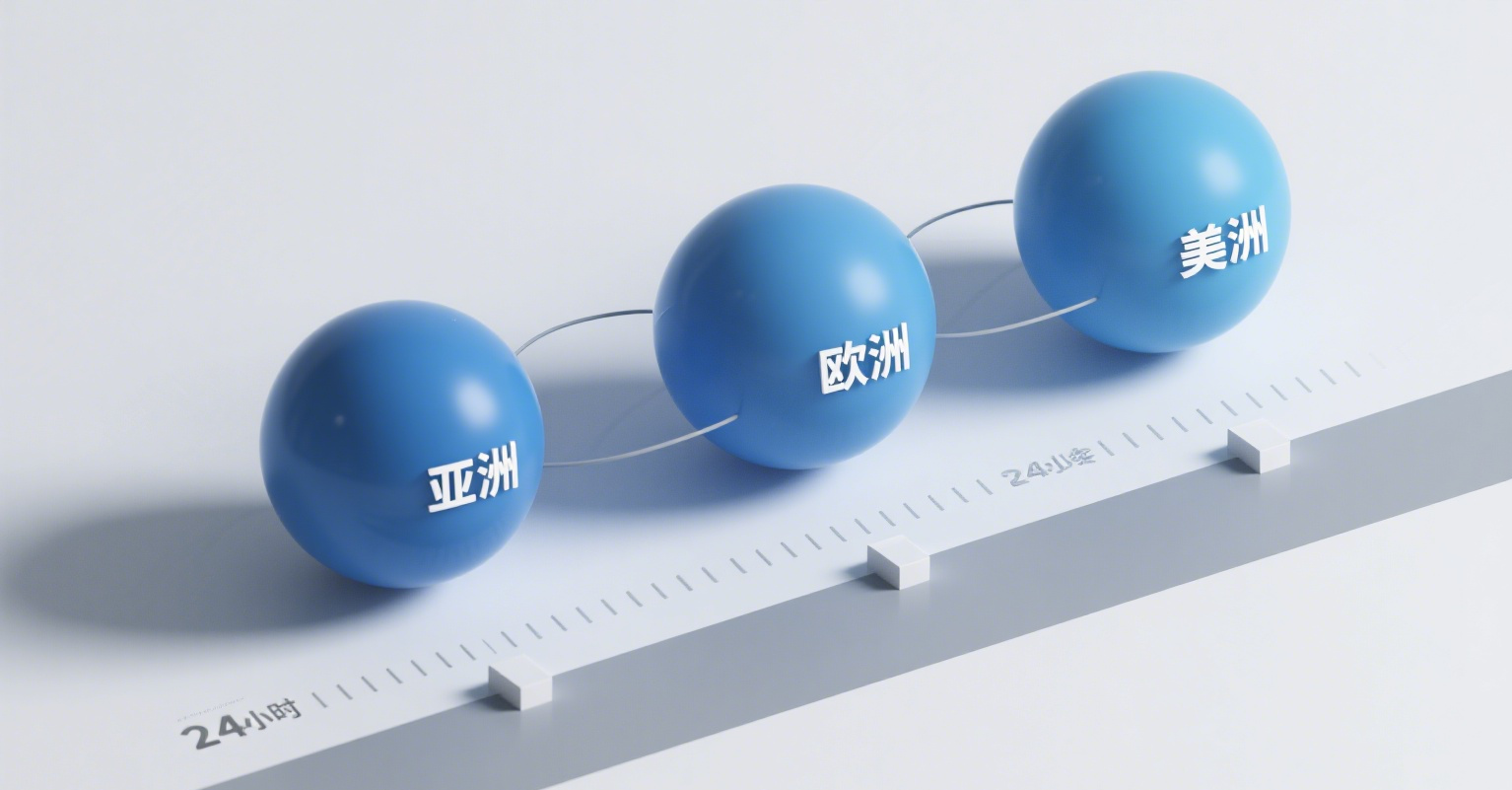
Tesla Reportedly Disbands In-House Supercomputing Team to Shift to External Partnerships; Musk: "Distributing Resources Makes No Sense"
According to foreign media reports on August 7, Tesla has decided to disband its internal Dojo supercomputing team. This team was originally responsible for building Tesla's self-developed high-performance computing platform, used for training autonomous driving systems and AI models.
Key talent is also departing. Sources revealed that Dojo team leader Peter Bannon will leave the company. Additionally, around 20 core members have joined a newly established AI startup, DensityAI, founded by former Dojo lead Ganesh Venkataramanan and others. Remaining Tesla employees will be reassigned to other data centers or computing-related projects within the company.
Since 2019, Elon Musk has repeatedly stated publicly that Dojo would be the cornerstone of Tesla’s AI ambitions and its path to achieving full self-driving (FSD) capabilities, as it could "process truly massive amounts of video data."
However, Reuters reported that Tesla has increasingly relied on external partners for chip procurement and computing resources in recent years, including NVIDIA, AMD, and Samsung Electronics. These companies provide Tesla with advanced GPUs, AI chips, and manufacturing capabilities, allowing it to maintain high-level AI training without bearing the full cost of R&D and hardware development.
Analysts suggest that disbanding the Dojo team reflects both strategic realignment and cost-efficiency considerations. Building and maintaining an in-house supercomputing platform is a high-cost, long-term endeavor, and Tesla has heavy investments in multiple cutting-edge fields, including autonomous driving, robotics, and energy. Reducing self-developed hardware efforts could free up capital and manpower to accelerate commercialization.
Another key factor is the loss of core talent. Peter Bannon, who led Tesla’s chip projects since 2015 and spearheaded multiple generations of autonomous driving chip designs, is seen as a critical figure whose departure signals weakened momentum for Dojo.
From a technical perspective, some analysts argue this decision may erode Tesla’s independent R&D capabilities in certain AI domains. The Dojo project was once highly anticipated for its potential to significantly enhance autonomous driving video data processing and neural network optimization. Morgan Stanley previously estimated that fully deploying Dojo could add tens of billions to Tesla’s valuation.
For the supply chain, this shift will further solidify NVIDIA, AMD, and Samsung’s roles in Tesla’s AI infrastructure and may even expand these manufacturers’ market share in autonomous driving and AI training chips.
















